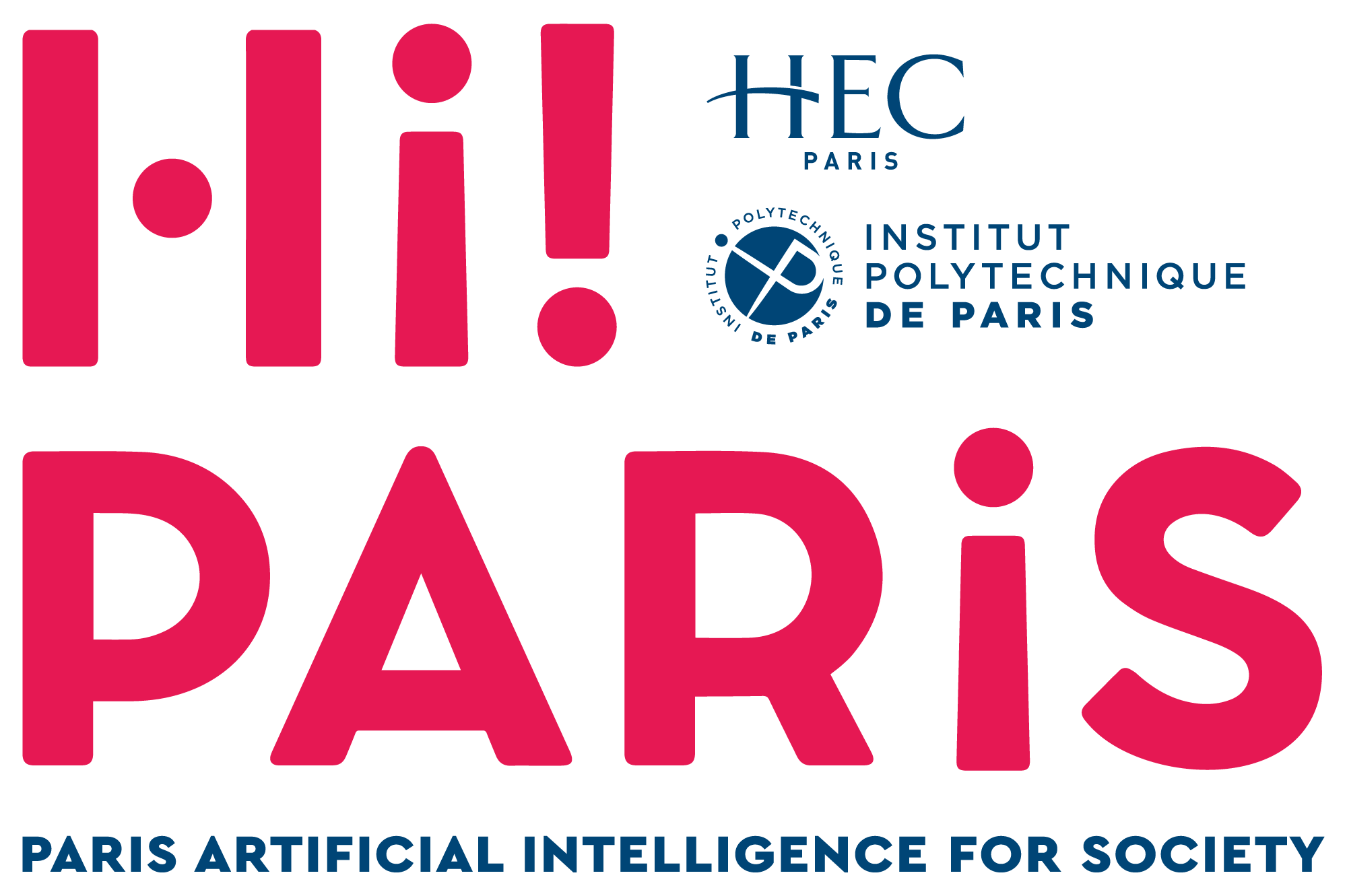Raising Awareness on AI Ethics Among Future Engineers
Beyond his role as Deputy Director of the Computer Science and Systems Engineering Unit (U2IS) at ENSTA, François Goulette has a strong interest in AI ethics. Each summer, he leads a short awareness module on this topic as part of the Hi! PARIS Data Boot Camp, a program offered to students of Institut Polytechnique de Paris and HEC Paris. This initiative provides a philosophical perspective, still rare in technical training to help students develop a deeper understanding of their work.
Who is the AI Ethics module for?
Each year, students from Institut Polytechnique de Paris and HEC Paris who are interested in applying data science in the business world are invited to participate in the Hi! PARIS Data Boot Camp. As part of this program, the AI Ethics Module is designed to introduce students to the ethical challenges of AI, even if they are not specialists in the field. The course is structured around three main questions that are accessible to all future engineers:
- Why is AI ethics such a major topic today?
- Should AI be regulated?
- How can real-world ethical AI challenges be addressed?
What do students expect from this module?
AI tools have become increasingly powerful, shaping social media, generating Deepfakes, and influencing geopolitics. Many students want to take a step back to better understand the ethical implications of these technologies and give meaning to their work. Throughout their careers, they will likely face the complex ethical dilemmas posed by AI and need to be equipped to analyze and address them effectively.
One well-known example is the trolley problem in autonomous transportation: how should a self-driving vehicle react in an unavoidable accident? Who should it prioritize an elderly person, a group of children? While this is a widely discussed issue, it is often misframed. The goal of this module is to help future engineers develop the necessary skills to navigate ethical challenges in AI development.
What knowledge do participants gain?
This is an introductory awareness course delivered in a one-hour format, covering philosophical, legal, and technical perspectives. The module first contextualizes the development of AI, from the first mention of the word “robot” to Turing’s test and modern advancements. It explores human expectations of AI, as well as its capacity to automate tasks and replicate human cognition. Special attention is given to Deep Learning, its biases, and related ethical concerns.
The course also introduces students to key ethical frameworks and regulatory texts, such as GDPR and the AI Act at the European level. Students are encouraged to explore these topics further, for example, through the AI Act Game developed at Télécom Paris. Ultimately, the goal is to equip students with the tools to engage in ethical reflection, both at a personal and collective level, including fundamental principles of moral philosophy relevant to AI development.
Notes:
- U2IS: A laboratory at ENSTA, Institut Polytechnique de Paris, 91120 Palaiseau, France
- The term “robot” first appeared in 1920 in a play by Karel Čapek, Rossum’s Universal Robots
- AI Act Game, Thomas Le Goff, Télécom Paris, 2024. Available online: AI Act Game


